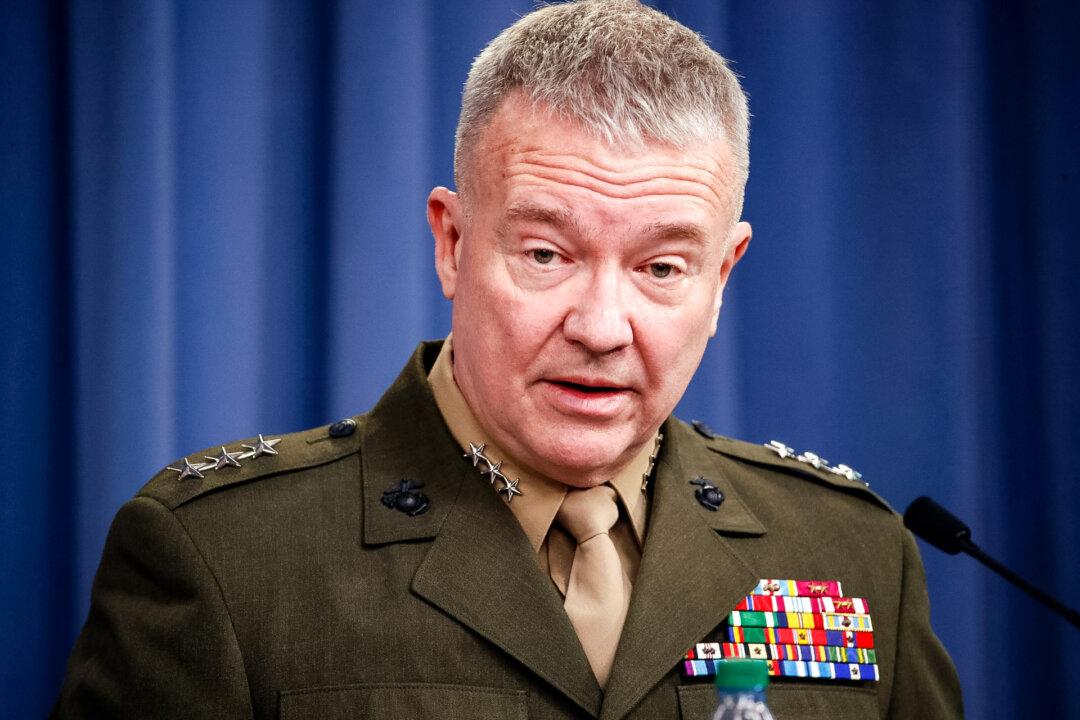The threat posed by the ISIS terrorist group is on the rise, according to the former head of the U.S. military’s Middle East command, speaking just days after ISIS claimed responsibility for an attack that left dozens of people dead in Russia.
Retired U.S. Central Command (CENTCOM) Commander Gen. Frank McKenzie told ABC News on March 31 that Islamic State Khorasan (ISIS-K) will be able to conduct those types of attacks because no pressure is being applied “in their homeland and their base.” ISIS-K, reportedly based in Afghanistan and Pakistan, has claimed that it conducted the attack in a Moscow concert hall that left at least 144 people dead in late March.





